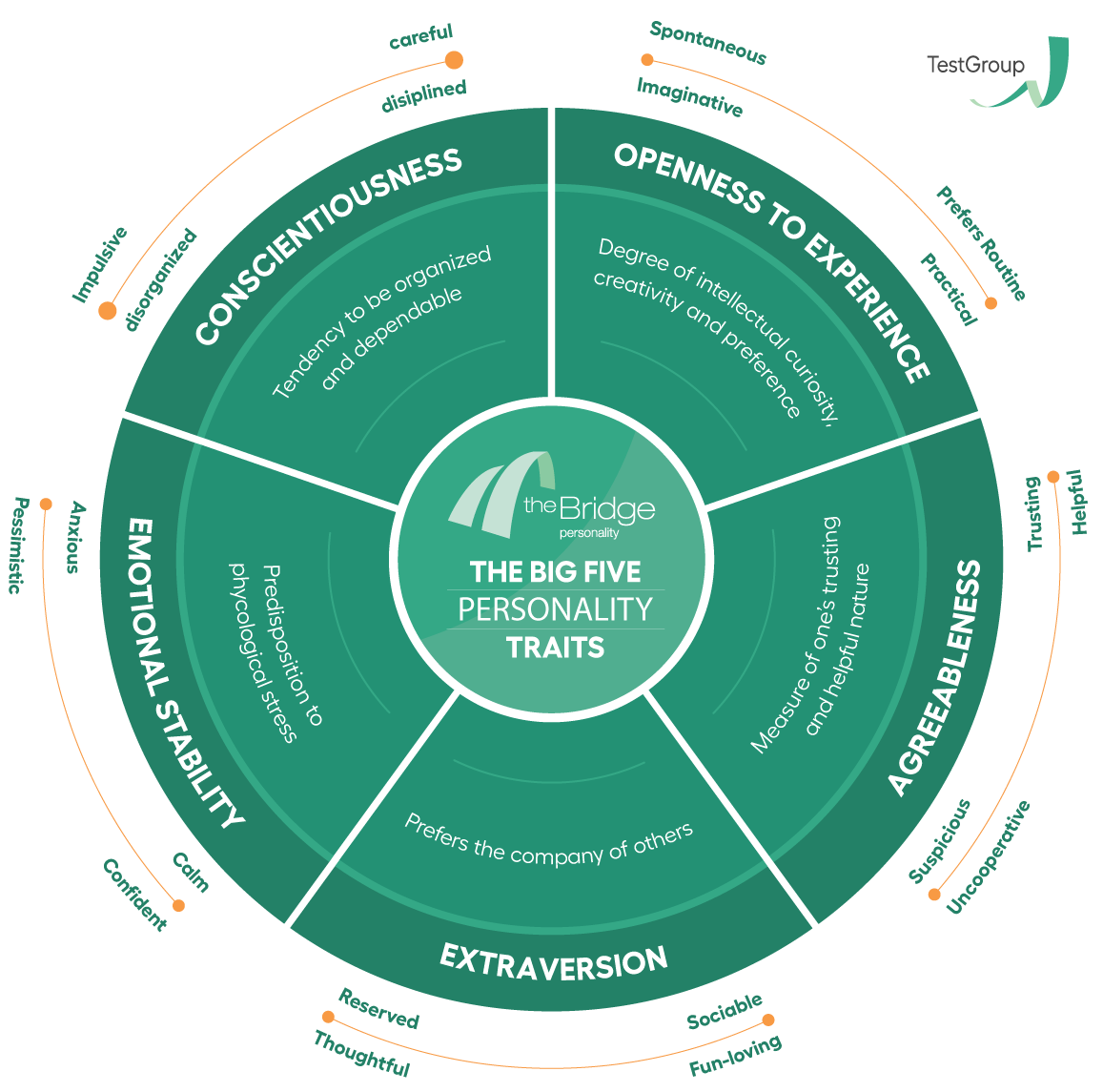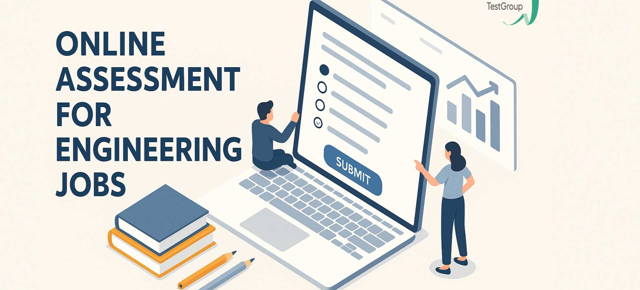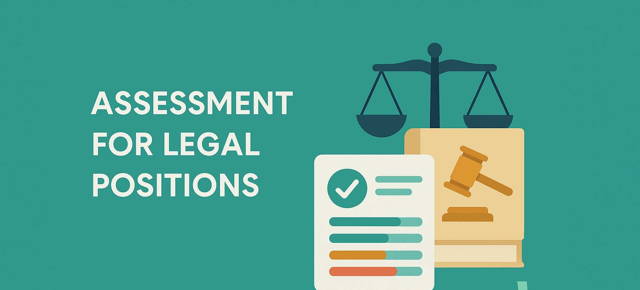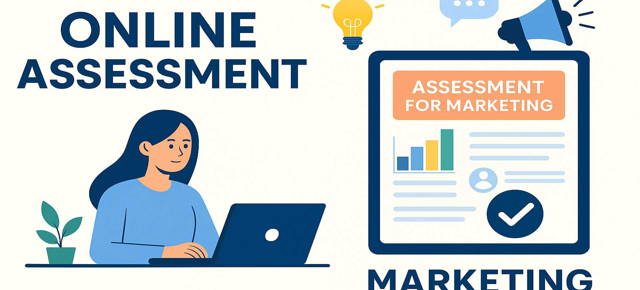Big Five Personality Test: Agreeableness
For 15 years, The Bridge Personality has been the most widely used Big Five personality test by companies and organizations in many countries worldwide, measuring personality according to the renowned Big Five theory. This theory is the standard in personality tests for selection and recruitment, positing that personality consists of five basic traits, known as the Big Five or the five personality factors.
You have the option to order this Big Five personality test for each candidate or to opt for an assessment subscription, which allows you to administer the tests in-house at a reduced rate.
This scientifically developed Big Five personality test measures individuals on the five basic traits of personality: Openness to Experience, Conscientiousness, Extraversion, Agreeableness, and Emotional Stability, collectively known as the Big Five. This model, also referred to as the OCEAN model, is widely used in personnel selection thanks to its solid scientific foundation.

What is the Big Five personality trait: Agreeableness?
Agreeableness, a key dimension of the Big Five personality test traits, is typified by attributes such as cooperativeness, politeness, kindness, and friendliness. Individuals with high levels of agreeableness exhibit traits like trust, affection, altruism, and a general tendency towards prosocial behaviors. These people are notably empathetic, often putting others' welfare first, and are usually the ones to offer help when needed. Agreeableness is one of the five major personality dimensions, alongside openness to experience, conscientiousness, extraversion, and emotional stability.
Those high in agreeableness prioritize collective well-being over individual interests, seeking common ground, valuing others' opinions, and fostering harmony rather than conflict. This trait defines one's approach to relationships, focusing on interaction styles and attitudes towards others, which is distinct from extraversion, which emphasizes the pursuit of relationships. Agreeableness is essentially about the quality and nature of one's interactions and orientation towards other people (Ackerman, 2017).
The science of Agreeableness
Agreeableness, commonly used to denote a personality dimension, is just one of many labels for this trait, others include tendermindedness, friendly compliance, love, likability, communion, and conformity. However, it's argued that none of these terms fully encompass the breadth or essence of this personality aspect. Present in all major personality models, Agreeableness is most prominently featured in the Five-Factor model of personality (FFM), derived from studies of the English language aimed at identifying key personality domains for self and others description (Digman, 1990; John & Srivastava, 1999; Wiggins & Pincus, 1992). This research is based on the lexical hypothesis, suggesting that socially-relevant personality traits are embedded in language, reflecting their importance (e.g., Allport, 1937).
Which Big Five personality test facets measure Agreeableness?
The Big Five personality test measures 34 personality facets that are linked to the Big Five personality traits. The facets that measure Agreeableness are:
The Bridge Tests & Online Assessments
TestGroup is the official provider of the renowned Bridge tests and online assessments, which are high-quality, scientifically validated psychometric tools used globally. Developed in collaboration with universities around the world, these assessments predict workplace behavior through personality tests, cognitive ability evaluations, and career assessments. We assist organizations globally in using online assessments.















